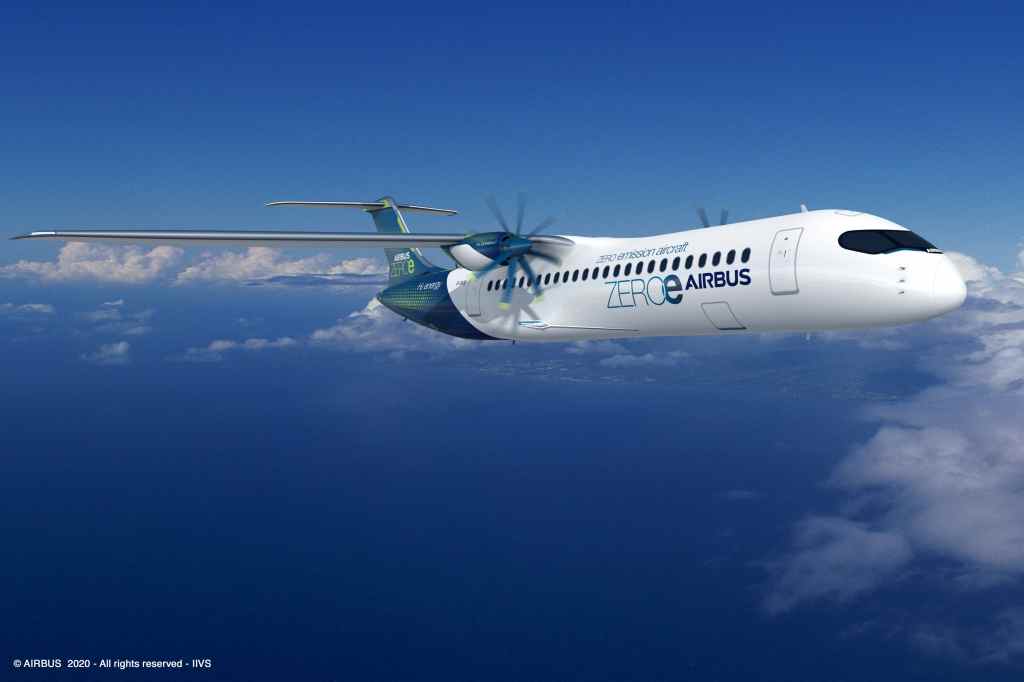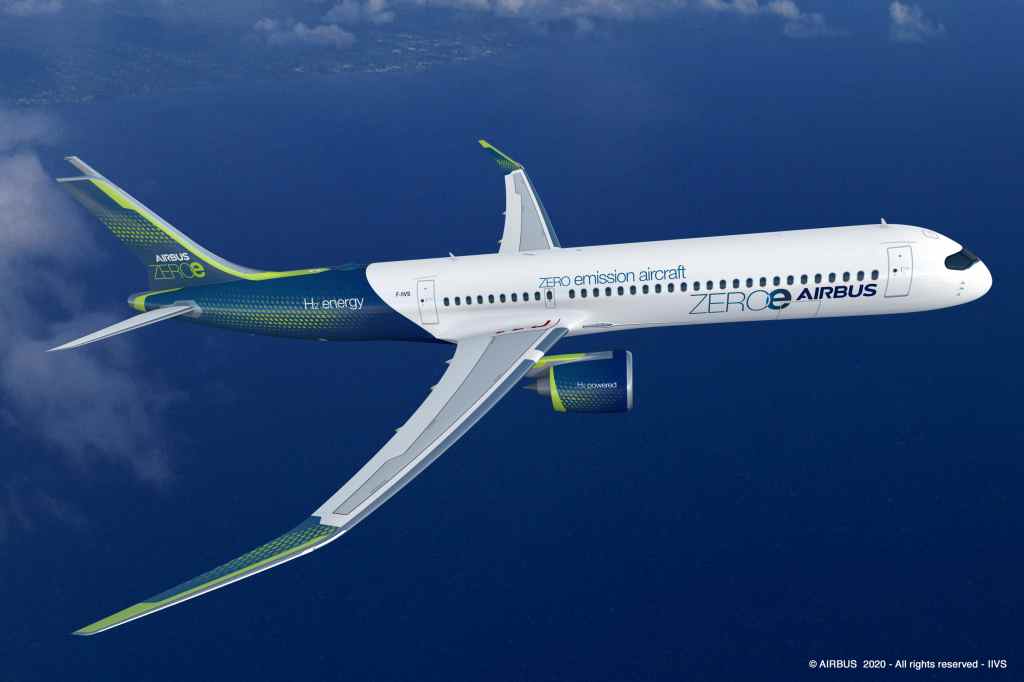A few weeks ago, we learned the consortium Airbus strategy’s first details to reduce the consumption of fossil fuels in its future aircraft. A project called ZEROe, which will involve the use of hydrogen as the main element. This initiative has taken a significant step forward with selecting the technology partner that will accompany them on this adventure.
Germany’s ElringKlinger has signed an agreement with Airbus in a long-term partnership that will develop hydrogen fuel cell technology in a new joint venture where Airbus will hold the majority of the shares.
This strategic agreement will allow Airbus to make hydrogen a key technology to develop the first zero-emission commercial aircraft. They hope to make their first scheduled flights in 2035.
To achieve this, Airbus is testing and investigating a large number of configurations and technology variants for the use of hydrogen, where ElringKlinger technology has stood out for issues such as performance, service life, and operating parameters such as operating temperature or the humidity of the air. Fundamental factors within the aviation industry.

Among the reasons for this binding agreement are the excellent results achieved by Airbus with ElringKlinger technology in the pre-contractual phase. Some of the requirements, such as performance, were exceeded in tests, which improved the set targets by 15%.
A technology that has its core in a high-power fuel cell uses metallic bipolar plates, which stand out for their long useful life, essential in applications such as the development of large-capacity aircraft that cover long distances.
ElringKlinger has described its technology as a technology: “especially suitable for mobile applications with the long-range and cyclical operation. The areas of application for vehicles are buses and cars and industrial applications in the transport sector, such as commercial vehicles and industrial trucks and trains, ships, or airplanes.”

